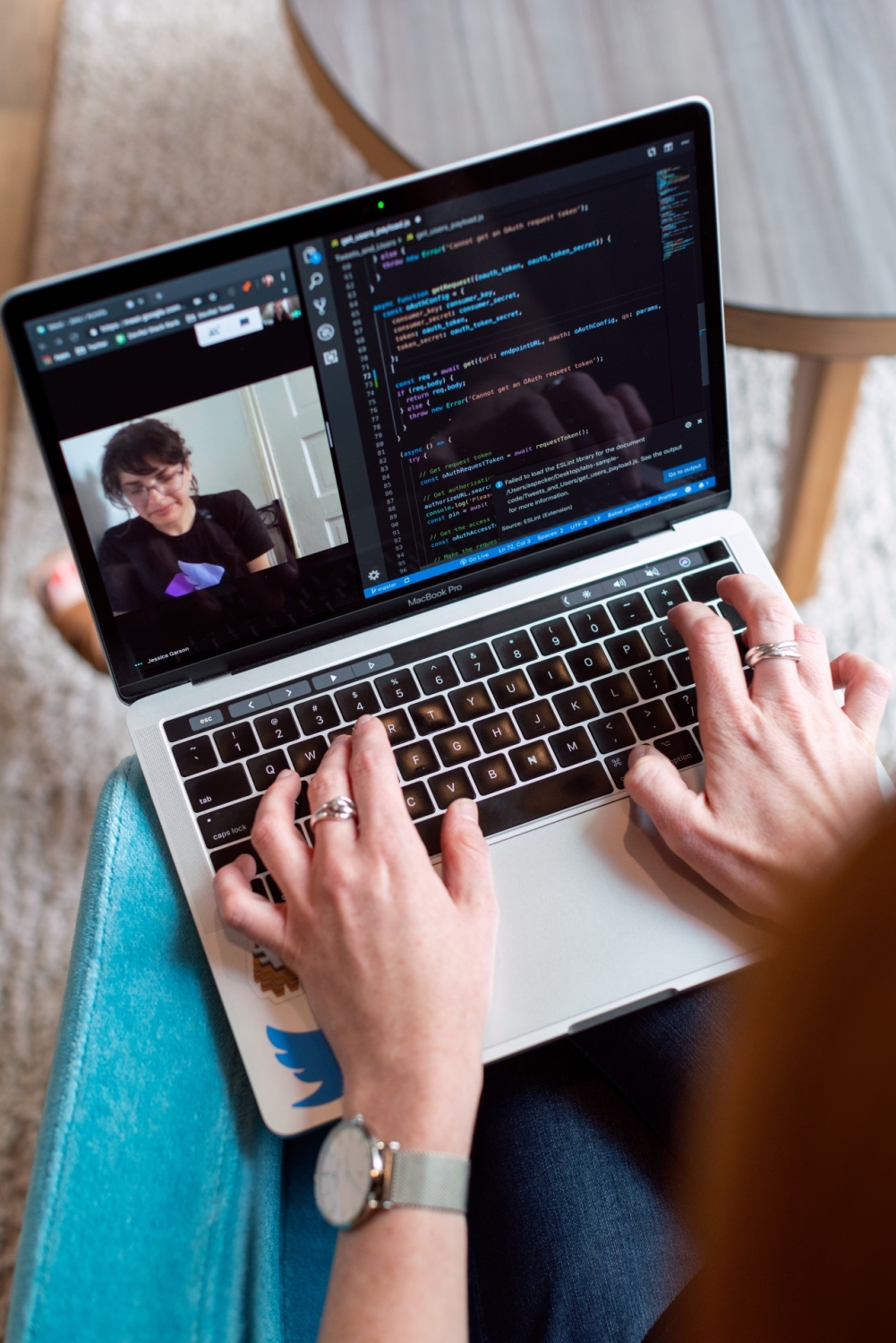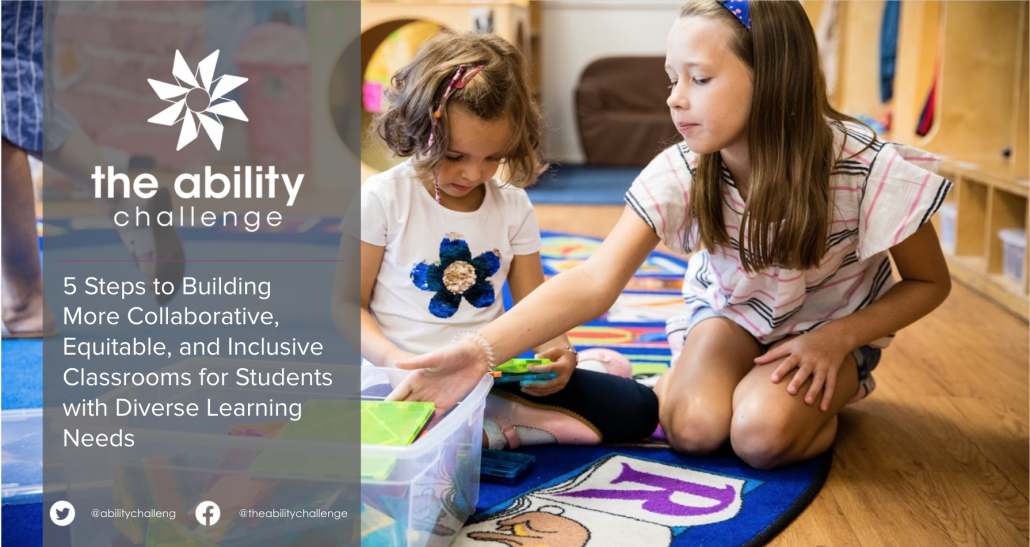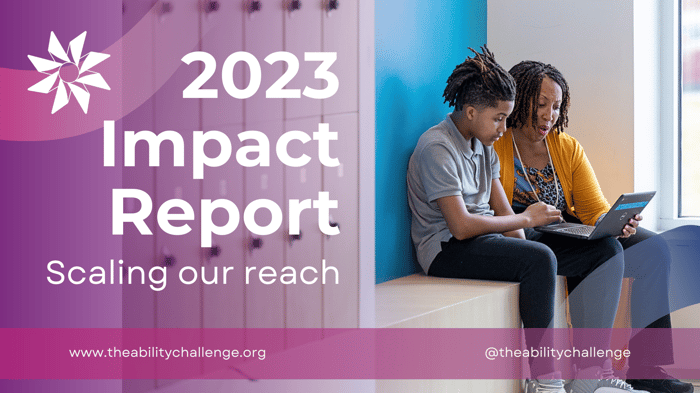5 Steps to Building More Collaborative, Equitable, and Inclusive Classrooms
Culture of Inclusion • 2 min read • Jan 12, 2021 11:06:46 AM • Written by: Sarah Sandelius

On December 16th, The Ability Challenge’s Founder, Sarah Sandelius, spoke at the Building Connectivities Conference, sponsored by the National Center for Special Education in Charter Schools and the El Dorado Charter SELPA. The session, entitled, 5 Steps to Building More Collaborative, Equitable, and Inclusive Classrooms, provided educators from across the country with an overview of “targeted collaboration.” Targeted collaboration is ABC’s innovative approach to the daily interactions educators have with each other to identify, share, and meet student needs. The approach draws from research to elevate the most high-impact strategies for working together to educate students.
This enlightening session showcased 'targeted collaboration,' an innovative approach designed to enhance daily interactions among educators, including the implementation of specially designed instruction for students with special needs in inclusive classrooms, and generated actionable strategies for implementation in their daily practice. Participants reported positive feedback and reflected upon the importance of collaboration in their work. According to one educator, “I really appreciate the time given to explore ways of collaborating and the discussion amongst the group…It was a fantastic session.”
Learn more by watching the recording and/or reviewing the handout below. Or join our Targeted Collaboration for Impact during COVID session starting in January 19th.
Review the Strategies

Ready to Make an Impact For Your Most Diverse Learners?
Sarah Sandelius
Our Latest
Related Articles

May 13, 2024 | Administrators
Intervention: Have We Gone Too Far?
Is your school overreliant on intervention? Learn how to support diverse learners, including student...

January 31, 2024 | Our Work
2023 Impact Report: Scaling our Reach
Explore The Ability Challenge's 2023 wins—enhanced training, coaching, and professional development ...

August 2, 2021 | Tools
What’s the Difference Between an IEP and a 504 Plan?
Uncover the key distinctions between 504 plans and IEPs: A Comprehensive Guide to Understanding Spec...
